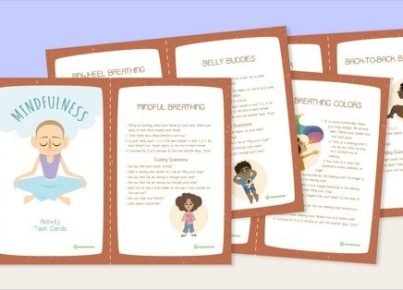Introduction
A drugs education curriculum tailored for nursery-age children is a crucial step in fostering a strong foundation for understanding the significance of personal health and making informed choices. By discussing these issues with children at an early age, we can create an environment characterized by open communication and mutual trust. This article will delve into the importance, creation, and implementation of such a curriculum.
The Importance of Drugs Education for Nursery-Age Children
1. Building Awareness: Providing young children with age-appropriate information about drugs develops their awareness of the subject. This includes discussing the concept of medication and its purpose, and acknowledging the dangers posed by drugs when misused or abused.
2. Establishing Good Habits: Encouraging healthy habits and decision-making from the outset empowers children to resist peer pressure and make informed choices later in life. Habits forged in childhood form the cornerstone of lifelong patterns.
3. Open Communication: Engaging nursery-age children in discussions about drugs fosters open communication with caregivers and teachers. This rapport paves the way for continued conversations as they grow older and face increasingly complex situations.
Creating a Nursery-Age Drugs Education Curriculum
1. Age-Appropriate Content: Ensure that your curriculum’s content is relevant and age-appropriate, avoiding overly complex vocabulary or concepts beyond a child’s comprehension. Emphasize the positive effects of prescribed medications rather than focusing on their potential misuse.
2. Engaging Activities: Incorporate interactive activities to facilitate learning, such as creating stories, role-playing scenarios, or using puppets to depict different situations where medication might be involved.
3. Collaboration with Experts: Collaborate with healthcare professionals or specialists in drug education to ensure that your curriculum takes into account current research findings and best practices.
4. Parental Involvement: Encourage parents to participate in your curriculum, either by attending workshops or providing resources they can share with their children at home.
Implementing a Drugs Education Curriculum
1. Train Educators: Ensure that teachers and caregivers are adequately trained in the delivery of drugs education, equipping them with the skills to effectively communicate crucial information using age-appropriate language.
2. Integrated Approach: Integrate drugs education within your nursery’s daily routine by incorporating it into activities that complement other subjects, such as science, social studies, and language arts.
3. Evaluate and Adapt: Regularly assess the effectiveness of your curriculum by seeking feedback from both participants and educators alike. Adjust the curriculum as necessary based on this feedback.
Conclusion
Developing a drugs education curriculum for nursery-age children is fundamental in nurturing a solid understanding of personal health, responsible decision-making, and open communication regarding substance-related matters. Through mindful planning, collaboration with experts, and effective implementation, we can provide our youngest generation with the knowledge and tools they need to navigate this topic safely throughout their lives.





